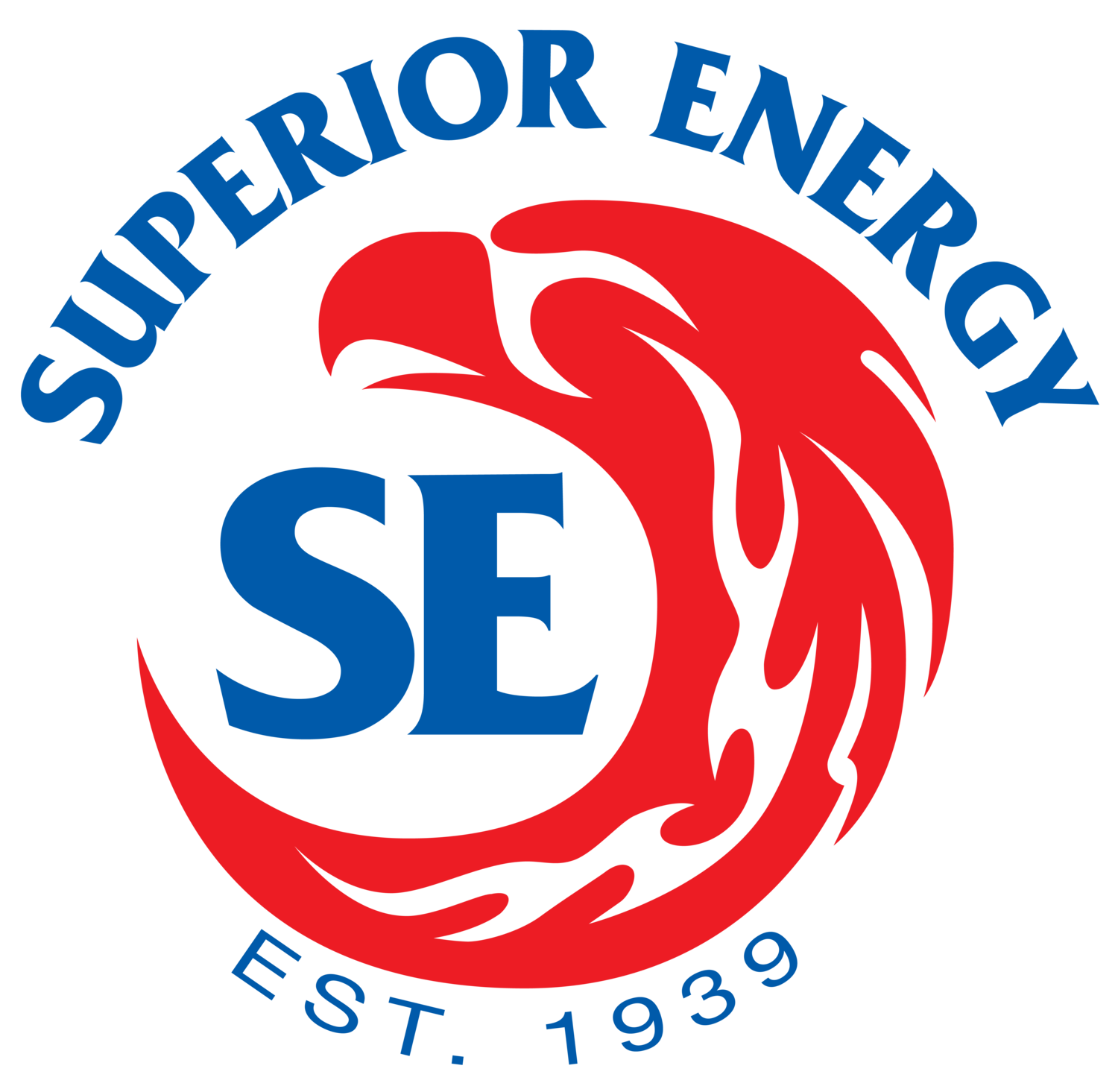Winters here in New England can be magnificent and beautiful, but they can also be extremely challenging. New Englanders need to be prepared for heavy snowfalls and frigid temperatures.
Propane is a safe, reliable, and efficient fuel that will provide for your comfort during the season. However, accumulated snow and ice have the potential to damage your propane system. Superior Energy is here to help you protect your system and ensure its safety, as well as that of your home and family.
Propane Safety During Winter Storms:
Steps to Keep You and Your Family Safe
Be Prepared:
Clear a path: Assist your delivery person. If at all possible, please keep your driveway and a path to your propane tank as clear as possible of snow accumulation. Clearing a pathway to propane tanks helps ensure that deliveries can be made without interruption.
Alert Snow Plow Contractors. Make sure the company hired to perform snow removal be advised of the presence and location of both aboveground and underground tanks. Accidental contact of snow removal equipment with tanks could cause a serious safety hazard.
Make sure your heating system and appliances are running efficiently. Have a qualified service technician inspect and service your appliances and propane system annually. This will ensure that your appliances are running as efficiently as possible, conserving fuel and saving dollars.
Make sure you have an adequate propane supply. During and after a winter storm, roads may be inaccessible for delivery. It is recommended that you establish an automatic refill delivery schedule with us. Further, to safeguard that your home does not run out of propane during a winter storm's after effects, we ask customers to please schedule a propane delivery if your propane gas gauge reaches 25-35%.
Mark the location of your tank with a flag, pole, or stake. The marker should be higher than the average snow cover depth for your location. It will help you avoid plowing or shoveling rooftop snow on top of your tank.
Storm Recovery:
After a winter storm passes, and it is safe to do so, check the entire area for downed power lines, damaged gas lines, or damage to your propane tank. Immediately call us and/or your local utility company if any of these hazards exist. Do not attempt repairs yourself.
Check your chimneys, flue pipes, vent connectors, and propane tank for damage, blockage, or debris caused by snow and ice. Use a broom rather than a shovel, and clear these areas frequently. This will help reduce the possibility of carbon monoxide poisoning due to blocked or damaged chimneys, flues, and vents.
Never use a stove for space heating and never use outdoor propane appliances indoors or in enclosed areas, particularly in the event of a power outage. Proper ventilation is necessary for their safe operation; and carbon monoxide fumes emitted can be lethal.
Use extreme caution when operating portable generators. Never use a portable generator (gasoline, diesel, or propane) indoors or in enclosed areas. This can result in carbon monoxide poisoning or death.
Take immediate action if you smell gas inside or outside of your home or business.
From thunderstorms, floods, winter storms, and hurricanes, severe weather can disrupt your life and threaten your family’s or business’ safety if you are not prepared. That’s why Superior Energy is here for you with the resources you need to keep your home and family safe during a weather emergency. Learn how to be ready for severe weather in the links below.
While we can’t predict snowstorms or hazardous weather conditions, we have taken the measures to plan for them by constantly maintaining our propane systems, preventing damage and leaks. You can rest easy knowing Superior is there to protect you.
As a member of our extended Superior Energy family, you are incredibly valuable to us. If there is anything we can do for you, or a friend or family member, we are always available, please do not ever hesitate to contact us.
Propane Education & Research Council (PERC) Severe Weather Safety Recommendations
Helpful Websites:







